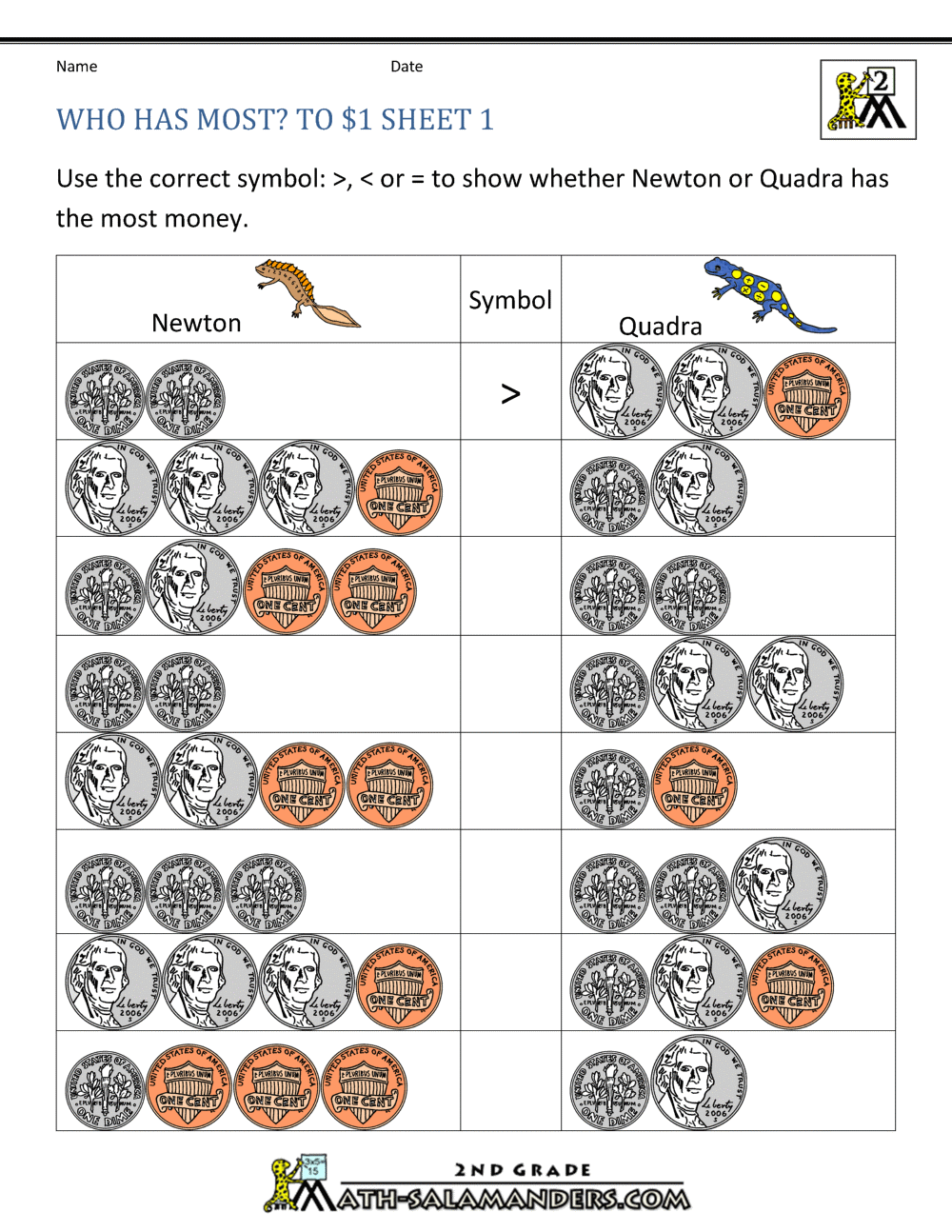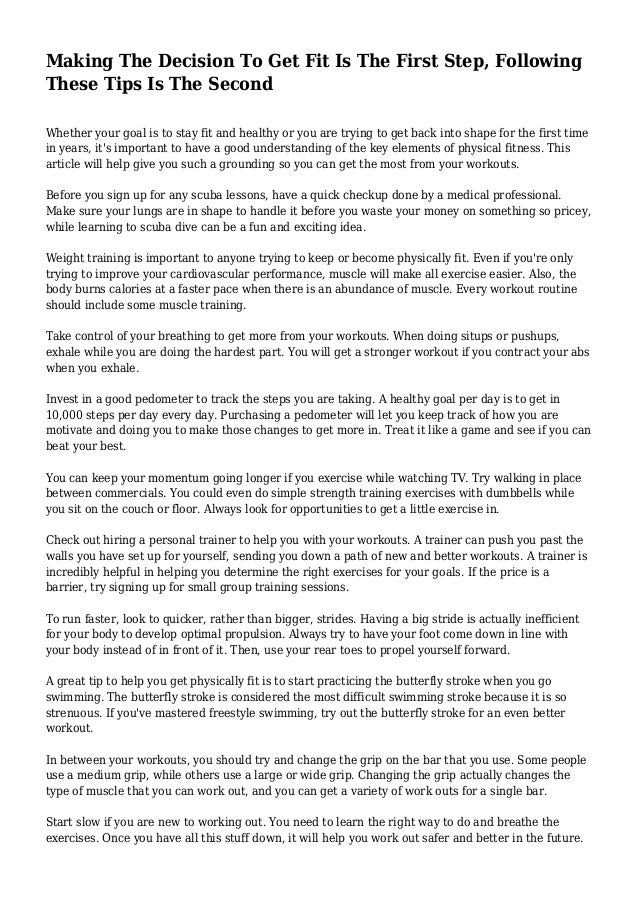Following The Money Exercises


Contents. Styles The option style, as specified in the contract, determines when, how, and under what circumstances, the option holder may exercise it. It is at the discretion of the owner whether (and in some circumstances when) to exercise it. European - European-style option contracts may only be exercised at the option's date. Thus they can never be worth more than an American-style option with the same underlying strike price and expiration date. American - American-style option contracts can be exercised at any time up to the option's expiration.
Under certain circumstances (see below) early exercise may be advantageous to the option holder. Bermudan - Bermudan-style options contracts may only be exercised on specified dates. Bermudan-style options are common in the interest rate options and swaps markets. Settlement The option contract specifies the manner in which the contract is to be settled. Physical settlement - Physically settled options require the actual delivery of the underlying security.
CHAPTER 12: LINEAR REGRESSION AND CORRELATION. Gaining money. A negative slope means I would be losing money.
An example of a physically settled contract is U.S.-listed exchange-traded equity options. Delivery settles in two business days. It is the most common form of settlement.
Physically settled options are mostly American style. Cash settlement - Cash-settled options do not require the actual delivery of the underlier.
Instead, the market value, at the exercise date, of the underlier is compared to the strike price, and the difference (if in a favourable direction) is paid by the option seller to the owner of the option. An example of a cash-settled contract is most U.S.-listed exchange-traded index options. This settlement occurs the next business day following the trade. Considerations The following guidelines determine whether and when to exercise an option:.
An option should only be exercised if it is by at least as much as the fees associated with the underlying transaction (e.g. The fee for subsequently selling an underlying which has been physically delivered). The exercise usually costs money as well. In most cases, options should not be exercised before expiration because doing so gives away inherent value.
Selling them would almost invariably yield more. For an American-style call option, early exercise is a possibility whenever the benefits of being long the underlier outweigh the cost of surrendering the option early. For instance, on the day before an ex-dividend date, it may make sense to exercise an equity call option early in order to collect the dividend. In general, equity call options should only be exercised early on the day before an, and then only for deep options. For an American-style put option, early exercise is a possibility for deep in-the-money options. In this case, it may make sense to exercise the option early in order to obtain the intrinsic value (K-S) earlier so that it can start to earn interest immediately.
This is somewhat more likely to be worthwhile if there is no ex-dividend date (which would probably cause the price of the underlying to fall further) between now and the expiry date. Early exercise strategy A common strategy among professional option traders is to sell large quantities of in-the-money calls just prior to an ex-dividend date. Quite often, non-professional option traders may not understand the benefit of exercising a call option earlyand therefore may unintentionally forgo the value of the dividend. The professional trader may only be 'assigned' on a portion of the calls, and therefore profits by receiving a dividend on the stock used to hedge the calls that are not exercised. Assignment and clearing Assignment occurs when an option holder exercises his option by notifying his broker, who then notifies the (OCC).
The OCC fulfills the contract, then selects, randomly, a member firm who was short the same option contract. The OCC then notifies the firm. The firm then carries out its obligation, and then selects a customer, either randomly, first-in, first-out, or some other equitable method who was short the option, for assignment. That customer is assigned the exercise requiring him to fulfill the obligation that he agreed to when he wrote the option.

Exercise by exception In the U.S., for the convenience of brokers, who would otherwise have to request exercise of all in the money options, the Options Clearing Corporation will automatically exercise any option that is set to expire in the money by 1 cent or more. This is called 'exercise by exception'. A broker or holder of such options may request that they not be exercised by exception. The price of the underlying security used to determine the need for exercise by exception is the price of the regular-hours trade reported last to the OCC at or before 4:01:30 pm ET on the day before expiration. This trade will have occurred during normal trading hours, i.e., before 4:00 pm. It can be any size and come from any participating exchange. The OCC reports this price tentatively at 4:15 pm, but, to allow time for exchanges to correct errors the OCC does not make the price official until 5:30 pm.
References.
Options Expiration, Assignment, and Exercise There are a few different ways your stock options can meet their logical end. In many options strategies, it might make sense for you to buy to close or sell to close your option contract(s). However, there are also scenarios where you might prefer to let your contracts expire worthless, or even exercise your option to buy or sell the underlying stock. Here's our beginner's guide to options expiration, assignment, and exercise. Options Expiration If you're trading traditional monthly equity options, expiration will fall on the Saturday following the third Friday of each month. Weekly options are typically listed each Thursday and expire on Friday of the following week (although no weeklies are offered during the expiration week for monthly options). In both cases, that final Friday is your last chance to take action on the trade.
Otherwise, the market will decide your course of action for you. If your option is out-of-the-money on expiration Friday, you might simply choose to let the contract expire worthless. There will be very little time value remaining at this point for you to capture, so it's probably not worth the additional brokerage fees and commissions for you to sell to close. If you take no action to close an out-of-the-money option prior to expiration, it will expire worthless.
No further action is required on your part to exit the trade. In fact, there are a number of strategies where the best-case scenario involves your options expiring worthless - including multiple premium-selling tactics, such as the short put spread and short call spread. In these strategies, you collect your maximum potential profit upfront, so the ideal outcome is for all of the options involved to remain out-of-the-money through options expiration. Assignment As noted above, when you take up the selling end of an options trade, you'd most frequently like to see the contracts expire worthless. However, if your sold options move into the money by expiration, you are at risk of assignment.
This means the buyer on the other end of the transaction may exercise their option for you to either sell (in the case of a call) or buy (in the case of a put) shares of the underlying stock at the strike price of the contract. If your call option or put option is hedged - either with cash or shares - the transaction can be completed with relatively little hassle.
However, if you've written naked calls or puts, assignment can be an unwelcome expense. When selling options, always bear in mind the possibility of assignment, and be sure you've planned for such an occurrence. There's at least one scenario where assignment is your ultimate goal: with the cash-secured put. In this strategy, a trader sells to open put options on a stock he'd like to acquire, aligning the strike with his preferred entry price. Simultaneously, the trader sets aside sufficient capital to buy shares at the strike price of the option. A premium is collected from the sale of the option, which can be used to partially offset the cost of entry on the trade. If the stock falls below the strike price by expiration, the trader welcomes assignment as the chance to buy into a stock he likes on a dip.
Stanford University
It's worth noting that assignment is a possibility whenever your sold options move into the money. However, the risk of assignment increases exponentially as expiration draws closer. If you're short a call or put option that's in-the-money, and you doubt the trade will swing back in your favor by expiration Friday, you may prefer to buy to close your contract(s) in order to avoid an unwanted assignment. Exercise As an option buyer, you have the prerogative to exercise your call option or put option if it moves into the money by expiration. This means you have the right to either buy (for a call) or sell (for a put) shares of the underlying stock. When you're holding in-the-money calls, you may choose to exercise if you're long-term bullish, and you'd like to acquire shares of the stock at a discount to current market prices.
Alternately, if you're short the stock and using call options as a hedge, you can exercise the calls to lock in a maximum repurchase price on the shares. As a put buyer, you can exercise your option to sell shares of the underlying stock - which is particularly useful for traders who are long the stock and using protective puts to hedge. By selling shares at the strike price of the put, traders can ensure a minimum exit price on their stake, thereby protecting paper profits or limiting losses on their investment. Option buyers should be aware that all in-the-money options will be automatically exercised by the close of trading on expiration Friday if no other action is taken to close out the trade. If you'd prefer to unwind the trade by some other means, be sure your broker has the correct instructions.